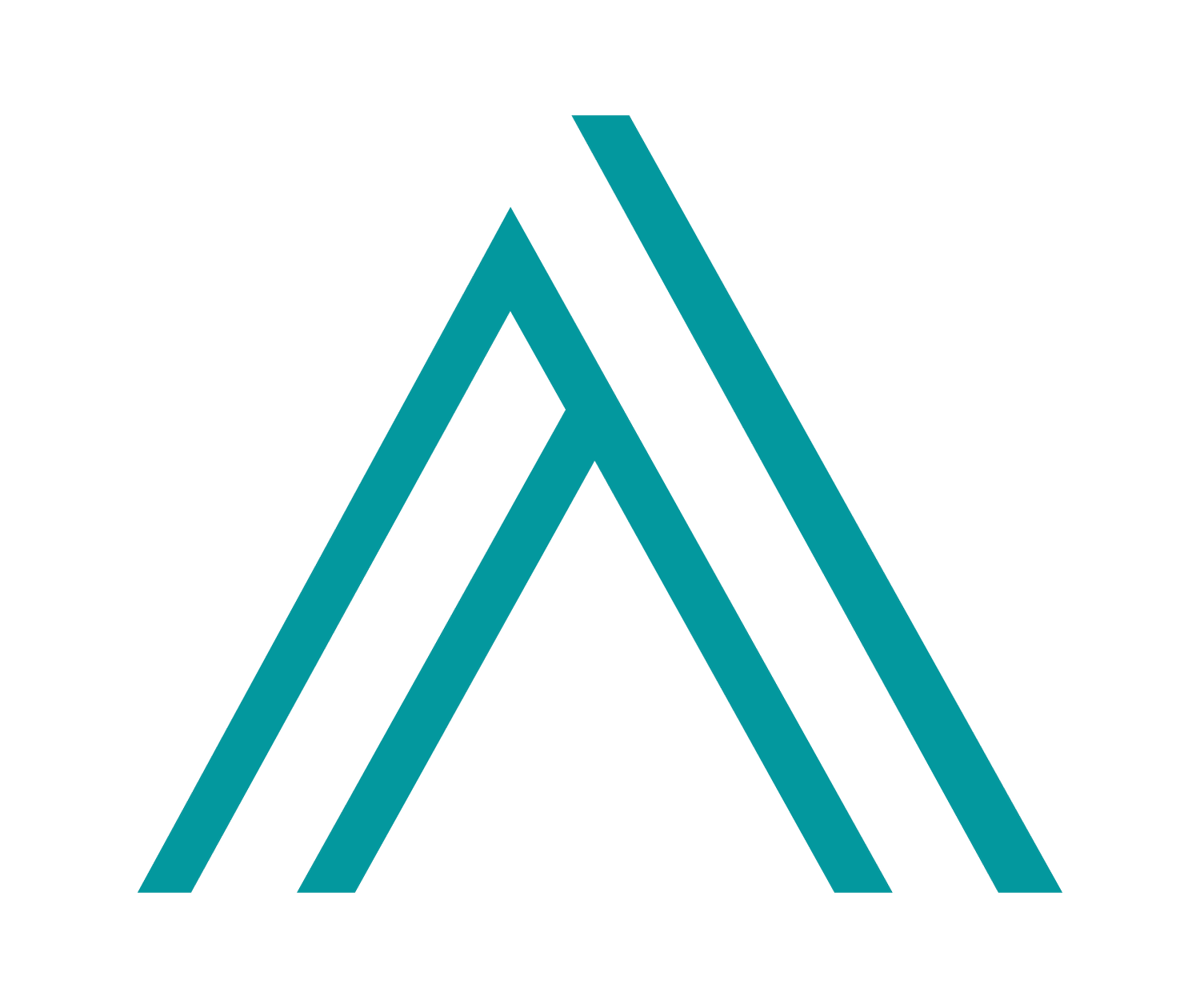How to Explain Short-Term Roles, Gaps, or Career Transitions in AEC Interviews.
This is one of the most searched topics in the career space across every discipline in AEC.
People search things like:
• “How do I explain job hopping?”
• “How do I talk about gaps in my resume?”
• “How do I explain leaving after 6 months?”
• “How do I explain changing fields?”
• “How do I explain my work from another country?”
• “How do I explain gaps from immigration or settlement?”
• “How do I explain that it took me months to get my first job in Canada?”
And here’s the good news: Hiring managers care far less about “perfect timelines” than you think. They care about clarity, accountability, and why you’re choosing them now.
Below is exactly how to talk about short roles, pivots, gaps, immigration-related breaks, or international transitions in a way that is honest, calm, and professional.
1. Keep your explanation short - 20 seconds max
People over-explain because they feel insecure, especially newcomers who worry that employers won’t value international experience. But long explanations create more questions, not fewer.
Here’s the formula that works:
Short role:
“Unfortunately the role wasn’t what was described, so I made the decision to find something more aligned with my skills.”
Gap:
“I took time to focus on family/personal commitments, and now I’m ready to return to full-time work.”
Career change:
“I realized my strengths align more with ___, so I’m transitioning toward roles where I can deliver the most value.”
Newcomer / immigration delay:
“I relocated to Canada and took time to get settled, understand the local industry, and align my documents with Canadian standards. I’m now ready for a full-time role.”
International experience transition:
“My previous experience is from ___, and although the context is different, the core skills - coordination, technical detailing, communication, problem-solving - transfer directly. I’ve taken ___ to fill the gaps.”
That’s it. No apologies. No rambling.
2. Stay factual - not emotional
Avoid going into:
✗ toxic culture
✗ burnout
✗ bad bosses
✗ drama
✗ conflict
✗ trauma
✗ regret
✗ how hard the immigration process was
Not because your experience isn’t valid but because interviews reward clarity, not sympathy.
Instead, talk about:
✓ alignment
✓ skills
✓ growth
✓ values
✓ clarity
✓ what you learned
✓ what you want going forward
This shows maturity and stability.
3. End with confidence in where you’re heading
No matter the reason for your past decisions, always finish with: “Here’s why I’m choosing your role.”
This shifts the conversation away from explaining the past and onto your intention for the future. It helps the interviewer see you as someone focused, grounded, and forward-looking.
4. Practice your delivery - it makes a huge difference
For many people - especially newcomers who are speaking in a second language - the challenge isn’t the explanation itself, but the tone.
You want to sound:
• calm
• factual
• confident
• unbothered
Our clients often come to Axis Career Hub saying: “I know what to say but I don’t know how to say it without sounding nervous or scripted.”
A 30-minute practice round changes everything.
5. Remember: hiring managers have seen everything
Short contracts. Layoffs. Transitions. Relocation. Poor fits. Returning to the workforce. Maternity or caregiving gaps. Visa issues. Immigration delays. Months of job searching after arriving in Canada. Switching fields. Health breaks. Nothing surprises them.
They care far more about how you explain it than what actually happened. If your reasoning is clear, your tone is confident, and your focus is on the value you bring today - the past becomes irrelevant.
How Axis Career Hub Mentorship Can Help
If you’re unsure how to talk about your short-term roles, immigration gaps, international experience, or career transitions, you don’t have to figure it out alone.
At Axis Career Hub, we work with a wide range of people - students, newcomers, recent grads, professionals who were laid off, and people who’ve been out of the industry for a few years. Many come in feeling nervous, apologetic, or unsure how to present their experience in a way that feels confident and honest.
Our mentors include both recruiters and industry professionals, which means you get guidance on:
• what hiring managers actually look for
• how your experience translates to the Canadian AEC industry
• how to frame your story clearly and professionally
• how to explain immigration-related gaps without overexplaining
• how to speak confidently without sounding rehearsed
• how to present your work in a way that reflects the quality you can deliver
Most people only need one or two sessions to feel grounded, clear, and ready to interview. And if you start with one session and feel you need more, we apply a credit toward your next session so your investment continues to support you.
Our focus is simple: to help you show your experience clearly, confidently, and in a way that reflects the quality of work you’re capable of.
That’s it. No pressure, no overpromising. Just practical, industry-informed guidance from people who understand how the AEC hiring process actually works.
If you want help practicing your explanations or refining your narrative, mentorship gives you the space and support to get there.
